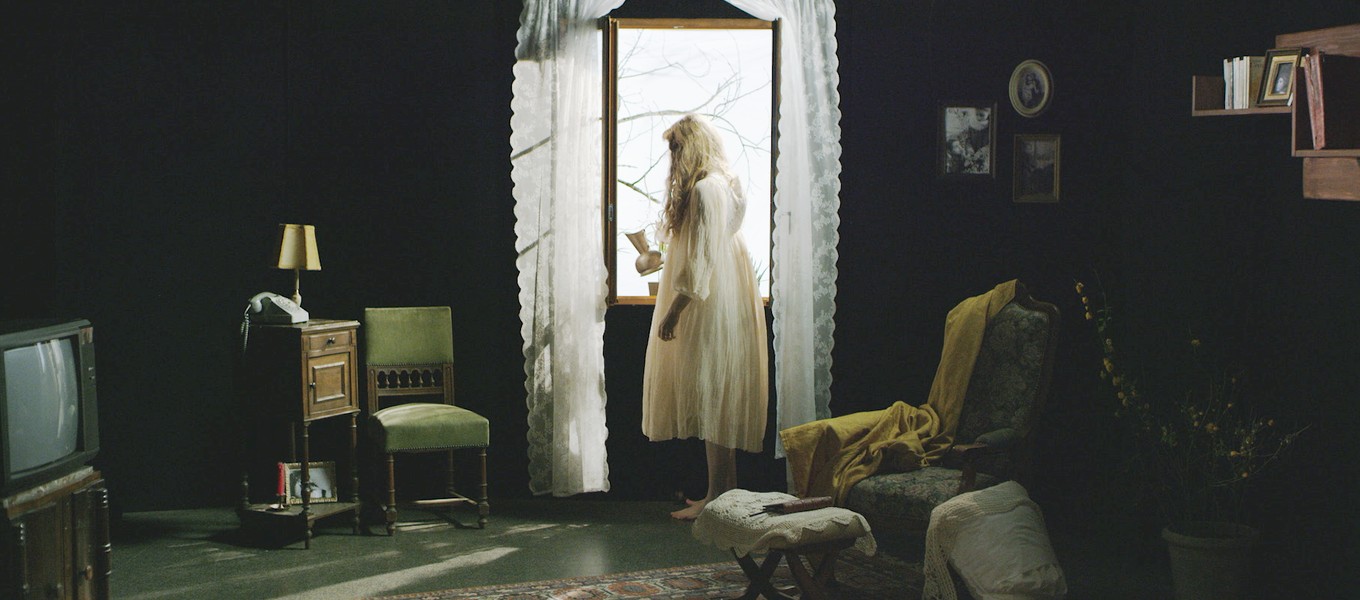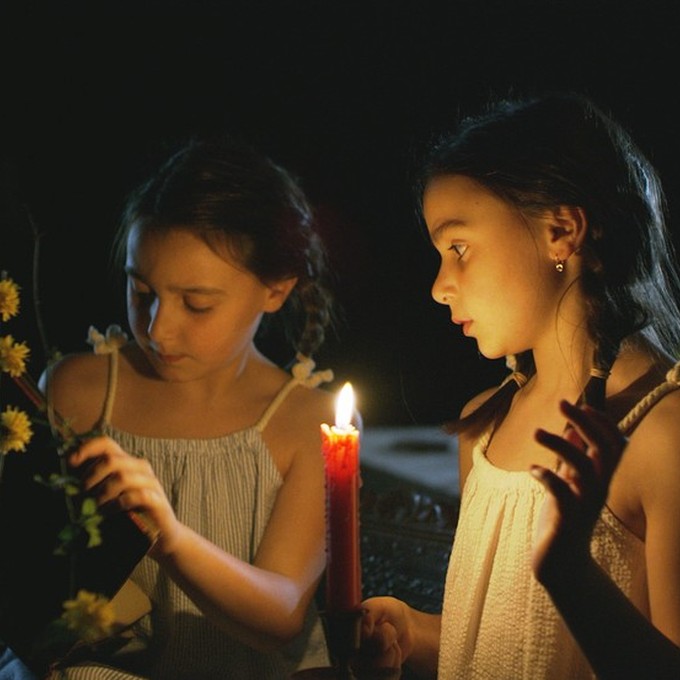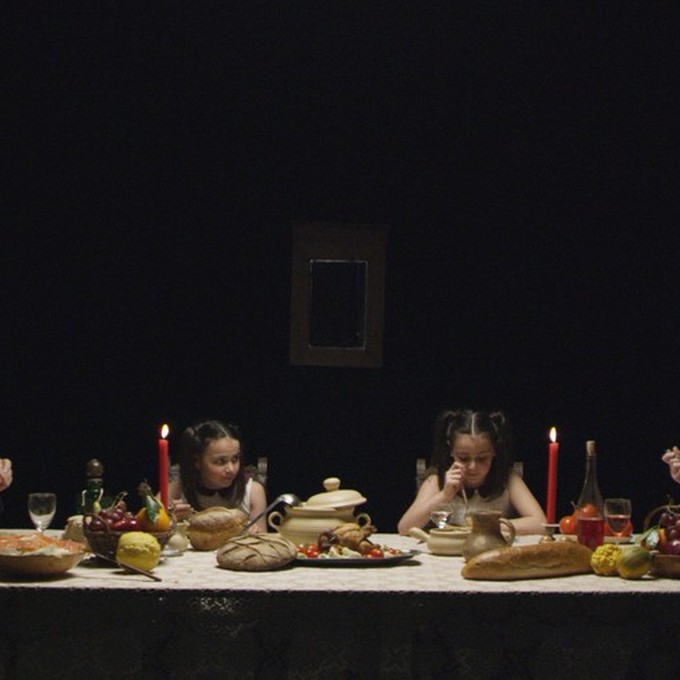Abtin Sarabi
Si l’homme, à temps, avait ouvert ses yeux égarés - Installation - 2016
presented as part of the exhibition Panorama 18



This interactive video installation travels between past, present and future: real and imaginary. The action takes place in a reconstituted sitting room where, one by one, objects come to life: the light, a television, a clock, background noise, a telephone. A screen placed on the table reflexively shows the room, now occupied by the family that was there a week earlier. Each object is a clue, and if the visitor picks up the phone a surprising exchange will ensue. This project began with the words of families suffering financial, social or personal problems, whose members may have come close to suicide. Childhood is not only a stage of development like other phases in life, it is also the period when the individual is constructed. To reflect on childhood is to reflect on humanity. Children’s vision of the world is profound and deeply meaningful. It should make us think and act. The positioning of each object in the installation corresponds in a way to the notion of the punctum analysed by Roland Barthes. The simultaneous presence of the real and the unreal, of the past, present, and future, is important. A bit like in Andrei Tarkovsky’s film The Mirror, which presents us with a new way of “feeling” time. Time that unfolds in a structure built on irregular rhythms and that becomes Other in terms of sensation. For Tarkovsky, going back to the past does not necessarily mean going against the current. Fragments of time always accumulate but do not follow a linear succession. Here, past events generally seem remote, constrained by the effort of memory, but we can act so that our most distant past appears as close as our present.
Abtin Sarabi
Abtin Sarabi was born in 1984 in Tehran. He is a filmmaker, photographer and Visual artist.
From adolescence, Abtin Sarabi developed a photographic style tending more towards that of documentaries and sociology, rather than staged photography. After studying oriental philosophy, painting and photography at the University of Art and Architecture of Tehran, from where he graduated in 2009, Abtin turned to video art and cinema.
During four years’ study at the School of Fine Arts (Beaux-Arts) in Toulouse, France, he directed short films, art videos and several series’ of analog photography. Abtin obtained a Higher National Diploma in Plastic Arts in 2014. He continued his research for two years in Fresnoy, The National Studio of Contemporary Arts in Tourcoing, France, where he obtained his Post (graduate) diploma.
His creations, strongly imbued with pictorial art, are Often akin to “ poetic cinema “, no doubt because of the constant presence of a symbolic dimension and references to mythology.
Filmographie
- Poupée mécanique, Video art, France, 2 min30, 2010
- Un autre jour, Short film fiction, France, 1 min, 2011
- Le retour, Video art, France, 4 min, 2013
- Illusion verte, Video art, Iran-France, 11 min, 2012
- Une trop bruyante solitude, Video art, Portugal, 8 min 2013
- Oasis dans l'instant, Video art, Iran, 7 min, 2014
- Absolution, Short film fiction, Iran-France, 9min, 2016
- Ahlé Hava (The People Of The Wind), Documentary, France, 59 min, 2015
- Si l’homme, A temps, Avait ouvert ses yeux égarée, Video Installation Fiction, France, 35 min, 2016
- Parcelles S7, Documentary, Sénégal-France-Iran, 28 min, 2020
- Alzeimer, Video Installation, France-Iran, 20 min, In production
- Ali-Akbar SADEGHI, Documentary-Fiction, Feature film, Writing the script in progress
Production
Partner
Acknowledgments
Johanna Korthals Altes, Vincent Nemeth, Jade and Cassandre Baptista, Guillaume Brault, Sébastien Cabour, Valérie Takemoto, Yosra Mojtahedi, Timothée Couteau.
And a great thanking for their artistic advice : Arnaud Petit, Philippe Faure, Daniel Dobbels, Madeleine Van Doren.
